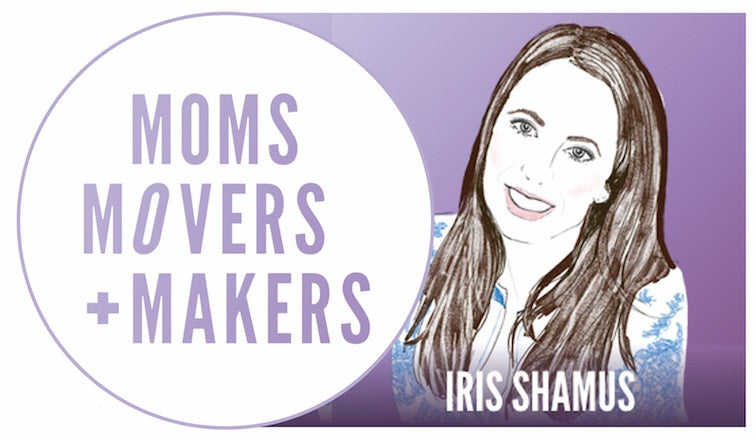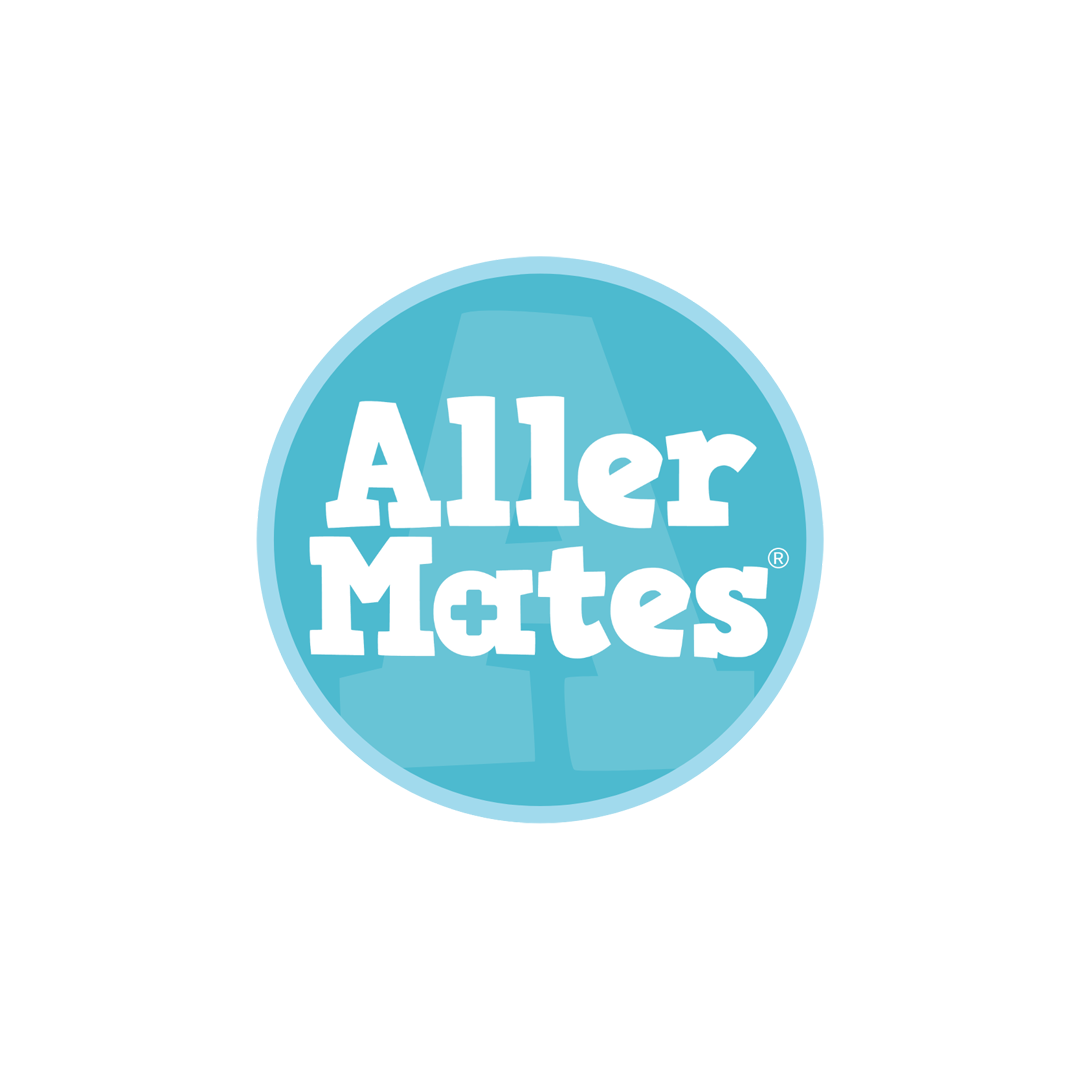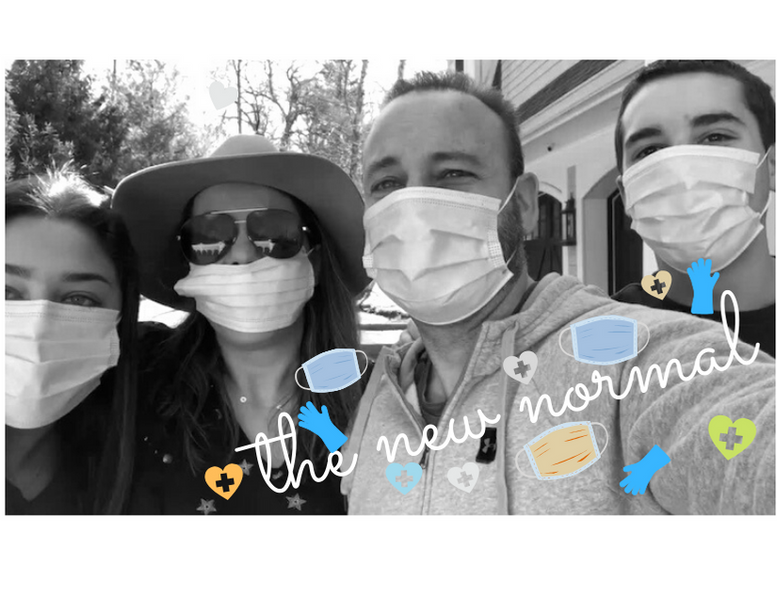

Year after year, we hear the media say THIS is "the worst year ever" for seasonal allergy sufferers, and year after year, so many of us roll our eyes at the media's tendency to over-dramatize. Well for starters let's hope that indeed we will be doing some major eye rolling this year and in fact, it will NOT be another "worst" allergy season. Perhaps it will be a pretty darn mild one (wishful thinking here)! Well just in case they happen to be right, let's talk about getting ahead of what's to come and as always, that means being prepared!
Grass pollen is on it's way and may plague its allergic people until August when ragweed and weeds, the biggest problem maker as the #1 pollen producer, will take the reins. (Notice no mention of beautiful, colorful and fragrant flowers; it's all been in our imagination!)
While we see pollen as an evil being, it really can't help the problems it makes. It's simply doing its job to create new plants with the help of the wind, which picks it up and releases it into the air. The goal is for pollen to land on and fertilize other plants, but much to everyone's dismay, it usually ends up where it's not wanted (e.g., our throats and noses).
Here are some steps we can take to get ahead of our seasonal allergies. As a matter of fact, here are nine things you can do to help you or your child be less itchy and sneezy during pollen season:

Many medications will work better (nasal antihistamines/steroids, oral antihistamines and eye drops) if you start them even before symptoms begin.

No matter if in the house or the car, keep your windows up and doors closed to keep the pollen out. Avoid window or attic fans, and use your air conditioning at home (and in the car) to keep cool.

It may be hard to keep kids with a severe pollen allergy in the house, but it's extremely important during high pollen times (especially in the early morning hours) and on dry, windy days. Help them to burn energy by taking them to an indoor gym for soccer or an indoor pool for swimming, for example.

Have your children wear sunglasses while outdoors. Even though they'll be working to keep pollen out of their eyes, they'll actually just look like they're playing it cool!

If you or your child has been outside with pollen, it's a good idea to take your clothes off when coming indoors. It's also a good idea to take a bath and wash hair, too, just to be safe.

It sounds so odd saying that, but kids with a severe pollen allergy should not do yard work, like mowing the yard or raking leaves, during the times their allergen is present. In fact, they shouldn't be outside when anyone else is doing it either.

Use a HEPA filter in your home, and especially in your child's bedroom. Change them out as recommended to help keep the air clean. Also, high-pollen times are not the time to be energy efficient, so dry clothes and linens in the dryer and NOT outside.

It's impossible to avoid pollen; it can travel anywhere. However, if possible, plan a trip to the beach when pollen counts are their highest at home. That's because pollen is its lowest at the beach. A true win-win!

Allergy injections (shots) and/or sublingual allergy treatment are the only immune-based therapy we have that will help to reduce allergy symptoms. The goal is to provide excellent long-term relief, in a large majority of allergy sufferers.
For kids with asthma, this checklist can come in extremely handy since breathing in pollen can trigger asthma symptoms like wheezing and shortness of breath. With pollen in the air three seasons out of the year, it's no doubt that asthma and allergies can be hard to control, but hopefully, this can help make it a bit more manageable.
Don't forget to check out our medicine cases for asthma inhalers, antihistamines and more to help keep your allergy medicines handy and organized!
Wishing you a happy and allergy free spring!
xo,

Iris Shamus
AllerMates
Shop AllerMates
SUBSCRIBE
AllerMates in Your Inbox









